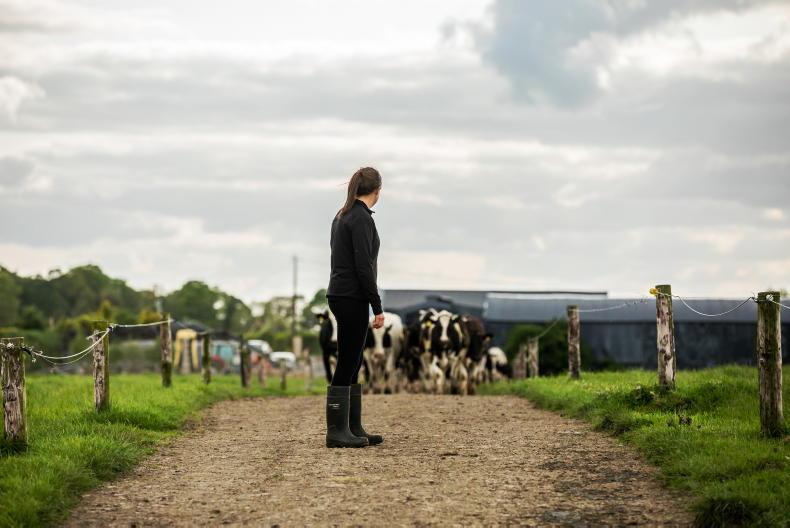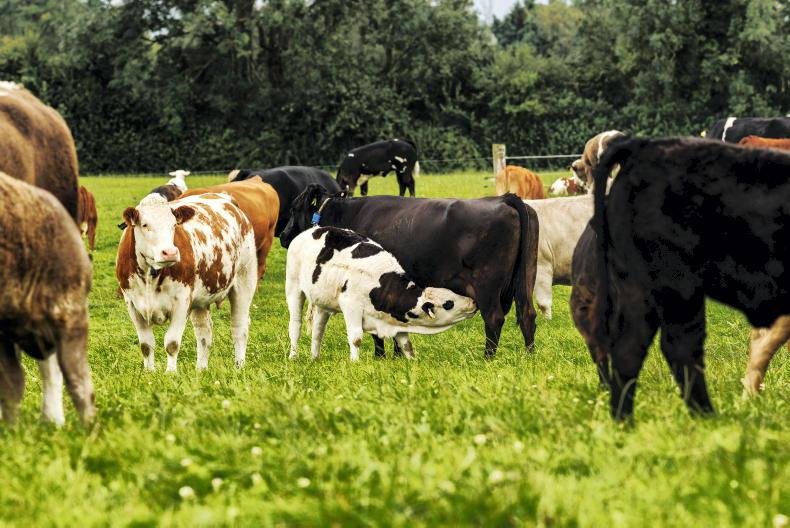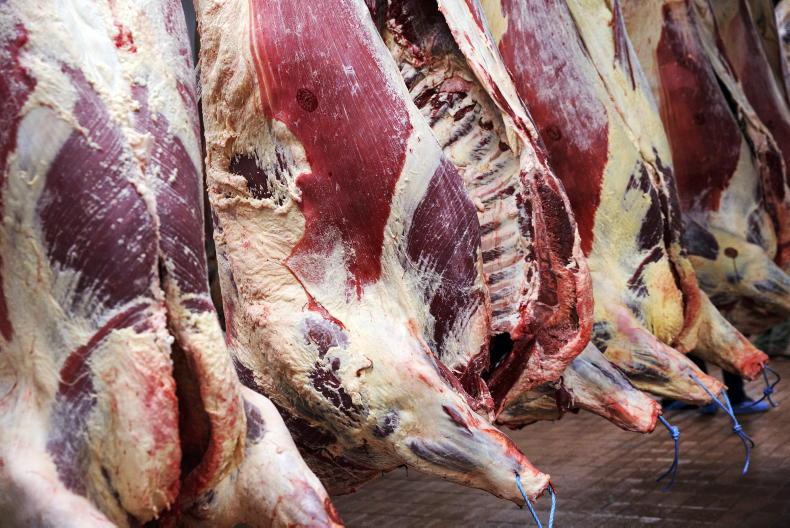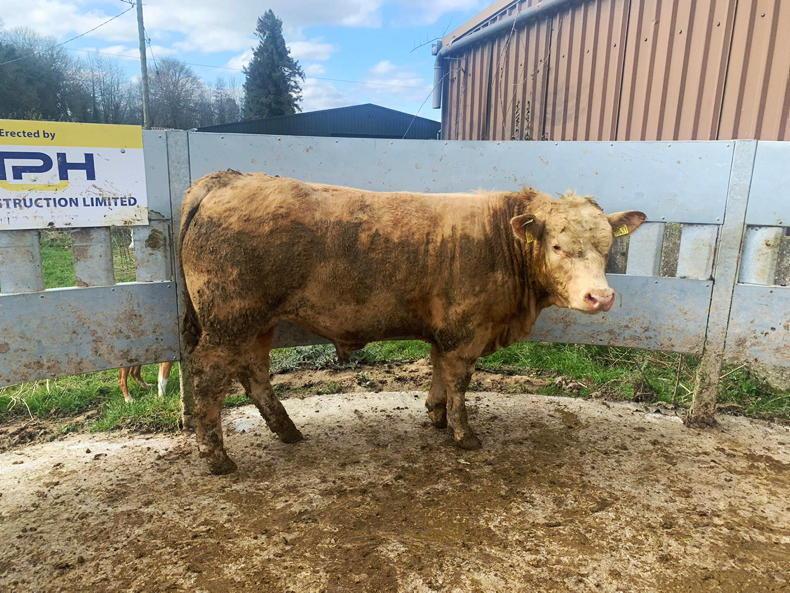I was checking through stock numbers for nitrates on the Irish Cattle Breeding Federation website on Saturday evening - a sure sign my weekends aren’t as exciting as they used to be.
It’s a good guide to where I stand heading into the autumn but I had a hunch that the area of land was different between that and the nitrates statement on agfood.ie so I logged on there too. Sure enough, there was a decent difference and I’ve a better handle on where I’ll be by the end of December once sales are factored in.
While there I said I’d check out my Basic Income Support for Sustainability (BISS) page to see if there was any sign of an issue. There hasn’t been but I made a pure random decision to check if there was any new correspondence only to find two letters from 27 August.
One concerned the Multi-Species Swards Measure, the other was about the Red Clover Silage Measure and both stated that information was to be uploaded no later than 12 September.
I wonder how many are in the same boat I thought. I went through the phone to see if I got any notification around that time from the Department.
Sure enough, there was a pair of identical texts from 27 August. “Explore how planting trees can add value to your farm” was their message. I know it’s been a torrid time since the new CAP came into existence but surely if correspondence is not being posted anymore a text message relating to there’s something on agfood should be there to notify you.
I had received texts from the Department earlier this year to say there was correspondence to check out for the Suckler Carbon Efficiency Programme (SCEP) so it would be a sensible move to have that for other issues with a deadline.
I’m tech-savvy enough to work my way around some issues like this but not every farmer is and it was only by pure chance I found it. I’ll sort the invoices and send details and see what happens.
With discussions underway on the next CAP, I hope that ways to simplify its administration are heavily considered. I don’t recall as much of a burden being placed on advisers, Department staff or farmers like there has been for almost two years and it’s not sustainable.
Policymakers need to engage with those who have their boots on the ground and see if there’s an easier way to make it work.
Simplicity might be boring and less fanciful to spend days discussing but there’s a lot to be said for it.
Locally-led European Innovation Partnership schemes may have been seen as a way to discover what works and what doesn’t for flagship schemes like ACRES. It’s clear now that the good ship ACRES, well-meaning and all that it is, has dealt with turbulent seas more than plain sailings even before it hits halfway in its life span.
By this time next year, there should be enough lessons learned from it to feed into future incarnations of it. I do think results-based actions have a place but on a lesser scale and not as a compulsory action. The aspirations were in the right place but struggled when transitioning from paper to reality.
Simplification of all elements will be required in the next CAP as farming as an occupation will continue to see succession issues. There could be options to address that in the EU’s biggest rural policy machine, but sometimes the more practical options don’t sound as exciting when it comes to soundbites.
For now, we’ll just have to plough on with what’s there, but we must ensure we learn from it for everyone’s sake.









SHARING OPTIONS